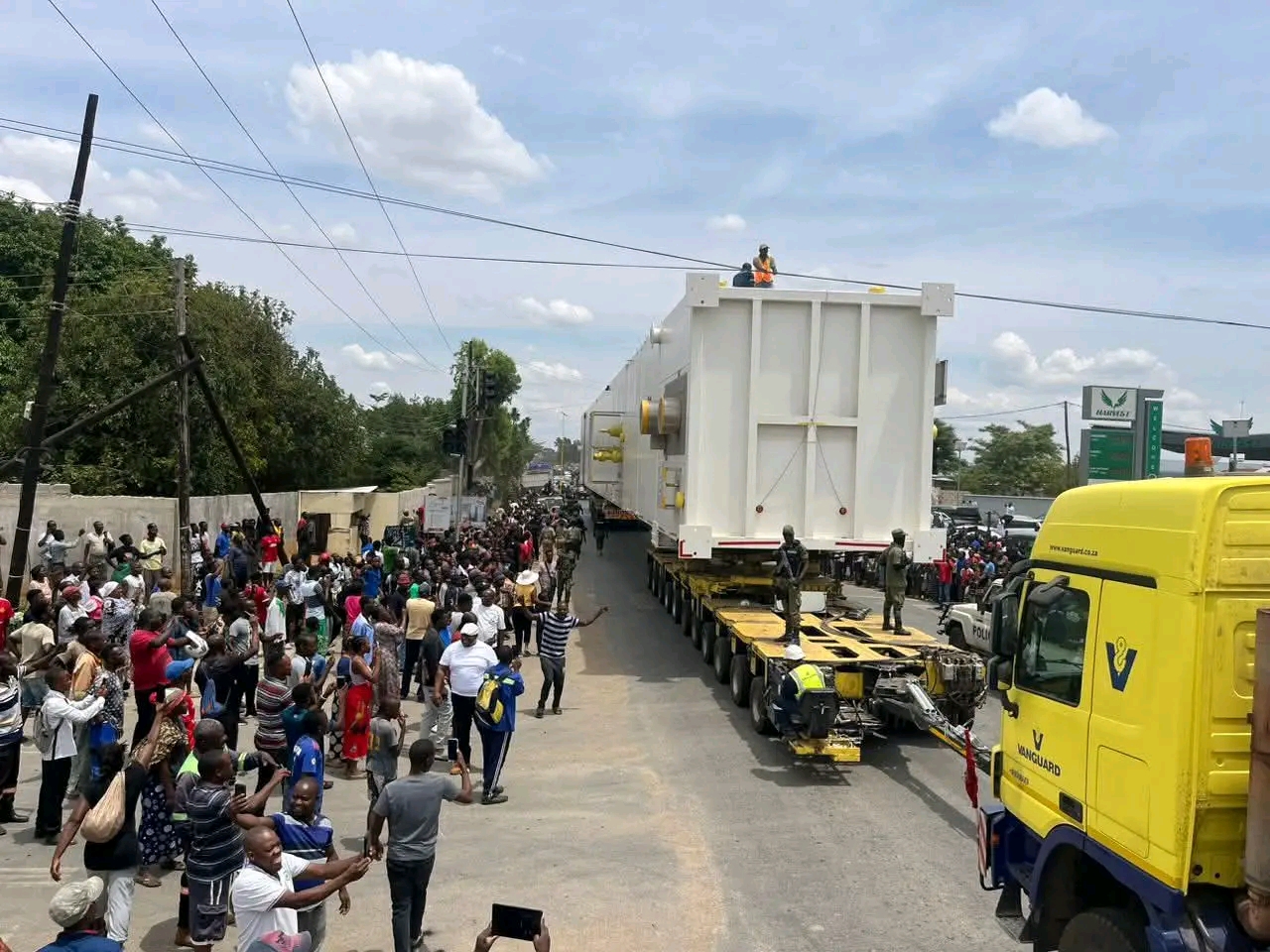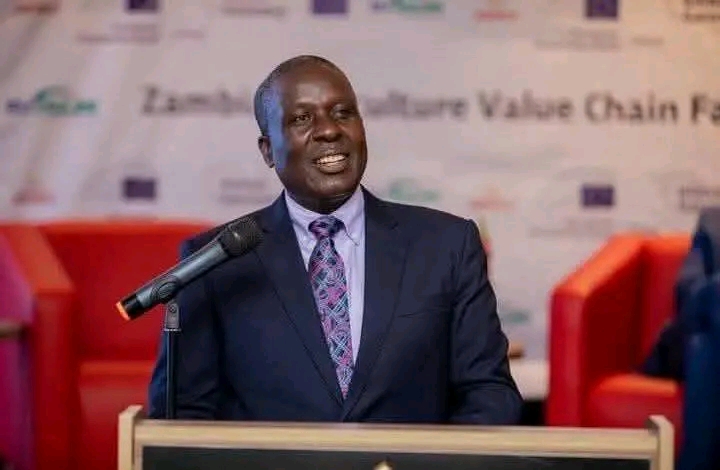THE Technical Education, Vocational and Entrepreneurship Training Authority (TEVETA) has bemoaned the shortage of qualified technicians in Zambia, warning that the skills gap is undermining industrial and infrastructural development.
Speaking during the TEVETA media training workshop yesterday, TEVETA corporate affairs manager Clive Siachiyako pointed out that the country currently lacks competent welders capable of handling specialised projects, despite the growing demand in key sectors such as energy, mining, and manufacturing.
“We don’t have welders in Zambia. What we have are metal fabricators. The ones that make your gates,” Siachiyako said.
“[But] if you want to make a containerised vessel for fuel, we don’t have a welder who can make it.”
He revealed that the country had to engage more than 700 welders from Peru to successfully install the cold box that had captivated the nation over a year ago.
In 2024, a 171-tonne oxygen plant container, an industrial cold box needed for copper extraction processes at First Quantum Minerals’ Kansanshi Mine, moving slowly across the country captured the public’s attention and imagination.
While the transportation of the slow moving cargo became a viral sensation online. Social media users nicknamed it the “magical cooler box” and spread humorous rumours about it, including that it could bring back lost lovers.
However, as amusing as that event may have been to some Zambians, the sad reality is that the country had to import labour to successfully install it and this has not sat well with TEVETA.
“When that container… what was it called? The cooler box came, we had to engage more than 700 welders from Peru,” he said.
“If we didn’t get them, that container would have never worked. Even the three million metric tonnes [of Copper production] we always talk about would never have been achieved.”
Siachiyako said the shortage of skilled personnel reflects years of neglect in technical training and a societal bias that views vocational education as inferior.
“Some of the reasons are because TEVET is considered to be for failures. But meanwhile, everything that we do is actually coming from TEVET,” he said.
“If an engineer designs a building, that engineer will never build it. We need the bricklayers and technicians to do the actual work.”
In response to the skills gap, TEVETA plans to launch a coded welding training programme aimed at equipping Zambians with the ability to weld various materials, including plastics.
Coded welding refers to a welding process performed by a qualified welder who has passed a specific Welder Approval Test.
“We have agreed we are going to start a project on coded welding. They can weld plastic, they can weld any material we give them,” Siachiyako explained.
Adding to the discussion, TEVETA director for development and research, Phyllis Kasonkomona said Zambia’s overemphasis on university education has undermined practical skills development.
“The mindset that we have developed has really killed programmes that can give us hands-on skills, [since] everyone wants to be a degree holder.”
Siachiyako said TEVETA is strengthening partnerships with industry and regional institutions to improve the quality of technical training.
Meanwhile, Siachiyako urged the media to partner with TEVETA in creating awareness about technical training opportunities and shifting public perception of vocational careers.
He also urged the media to partner with TEVETA in creating awareness about technical training opportunities and shifting public perception of vocational careers.
By Moses Makwaya
Kalemba October 30, 2025





